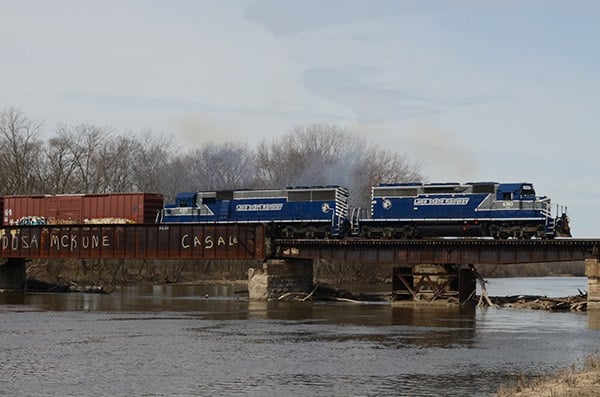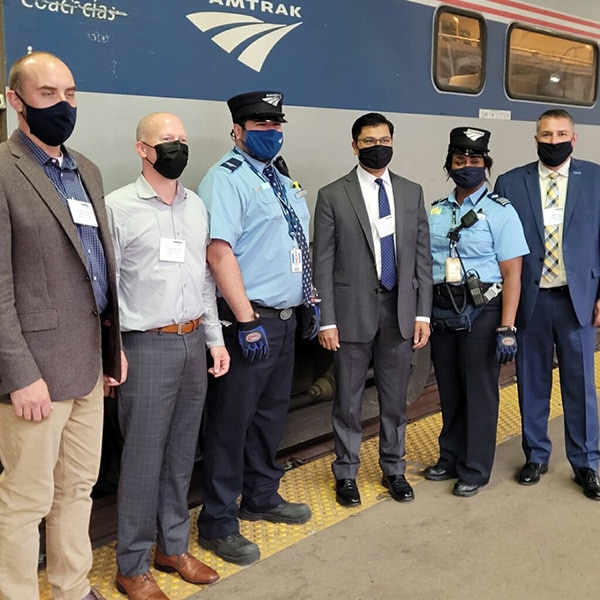House Bills 4917 and 4918 both received bipartisan support in Lansing’s House of Representatives thanks to the efforts of SMART-TD’s Michigan State Legislative Director Don Roach and the members of his board. However, they need members’ support to get the bills across the finish line in the Senate and to the governor.
Brother Roach’s two bills add the crime of assaulting a bus operator, transit, or freight railroad employee to the state’s Code of Criminal Procedure in an effort to address the growing number of violent assaults that affect SMART-TD members and others in the transportation industry.
These important bills had overwhelming support in Michigan’s House of Representatives.
On June 20, that support hit a speed bump. When both bills hit the Senate’s Civil Rights, Judiciary, and Public Safety Committee, they passed, but did so along party lines.
Logically, preventing and punishing aggravated and felonious assault against railroaders and bus operators should transcend partisan politics. It did in Michigan’s House.
But the partisan nature of the Senate’s committee vote has our SLB in Michigan asking for members to spread the word. Please follow this link to SMART-TD’s action center to send your state senator a prewritten message of support for these bills. YOU could be the difference between life and death for your union brothers and sisters!
As the bill is currently being presented to the Michigan Senate, the penalties for assaulting rail workers or bus operators in the state will be increased to maximum sentences ranging from 93 days to eight years’ imprisonment along with maximum fines ranging from $1,000 to $8,000. Criminal history and the involvement of weapons in the assault dictate where the perpetrator would fall on the scale of punishment.
These bills increase penalties for assaults on our transit professionals and also mandate signage on buses and trains to notify the public of the increase in the severity of charges and penalties. The signs are preventive measures aimed at stopping assaults from happening in the first place.
SLD Roach said they’ve been working on these bills for over two years at this point.
“We have been working on these assault bills with our lead sponsor, Representative Samantha Steckloft (D-19th Dist.), for too long to see them get stalled in the Senate now! We have built a coalition of stakeholders, including the American Civil Liberties Union, and others championing this cause. Our members can’t afford to sit on the sidelines and watch when the stakes of this game are as important as they are with these bills.”



